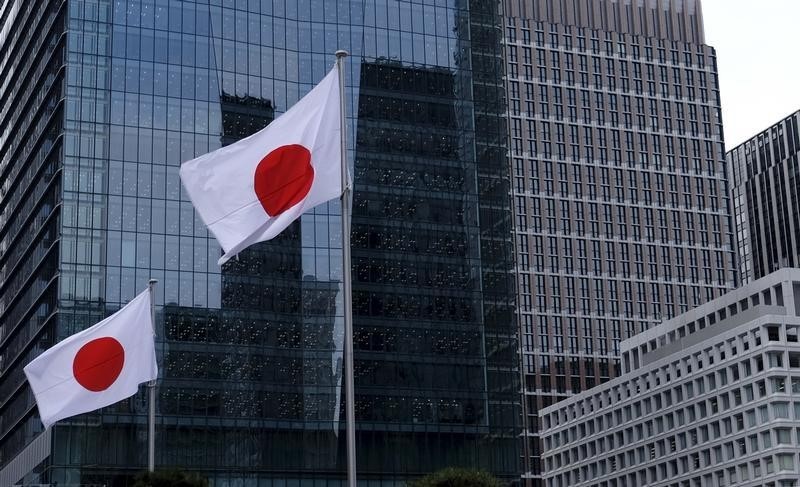Gold prices briefly hit record high over $3,500/oz on fiscal, tariff concerns
By Ambar Warrick
Investing.com -- Japanese consumer inflation rose as expected in January, data showed on Friday, amid rising commodity costs and robust local demand, putting more pressure on the Bank of Japan to potentially tighten policy as it experiences a change in leadership.
The national core consumer price index, which excludes volatile items such as fresh food, rose 4.2% in January, compared to 4% in the prior month and in line with market expectations.
Including volatile items, nationwide CPI inflation rose 4.3% in January from 4% in the prior month. The index was also at a 41-year high.
The reading marks the fourth consecutive month that Japanese inflation has trended at over 40-year highs, as the country struggles with more expensive commodity imports. Rising costs of fuel and utilities were the biggest driver of inflation in recent months, with the trend continuing in January.
Fuel and utility inflation jumped 14%, while gas prices surged 24.3% in January.
Food prices also surged over 7% during the month, with fresh food acting as the biggest contributor to the rise.
Japan’s deep dependence on food and fuel imports was the biggest factor behind rising inflation in the country, as the Russia-Ukraine war disrupted global commodity markets.
Depreciation in the yen, which fell sharply in 2022 and is now under renewed pressure, also made imports more expensive for the country.
The heightened inflation reading now puts more pressure on the Bank of Japan to eventually begin tightening monetary policy this year. Markets are now awaiting a speech from BOJ Governor Nominee Kazuo Ueda, for more cues on the path of monetary policy.
Ueda faces the challenge of steering the Japanese economy through rising price pressures while ensuring that growth remains relatively stable.
The Japanese economist was seen as a surprise pick for the role, and has so far indicated that he will adopt a data-driven approach toward altering the bank’s strict yield curve controls.
The yen rose 0.1% after Friday's inflation reading.
